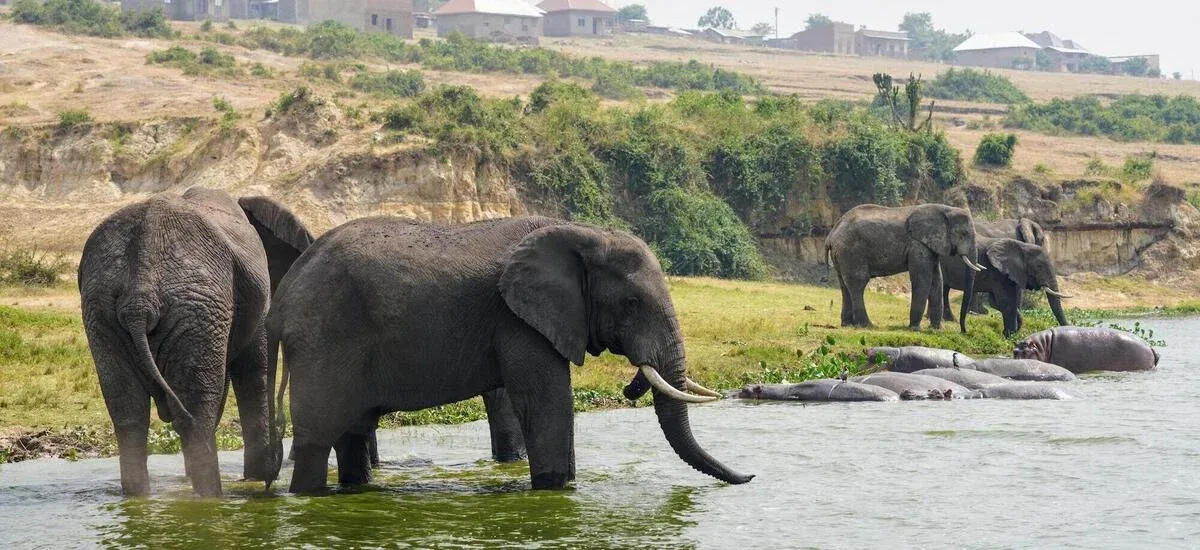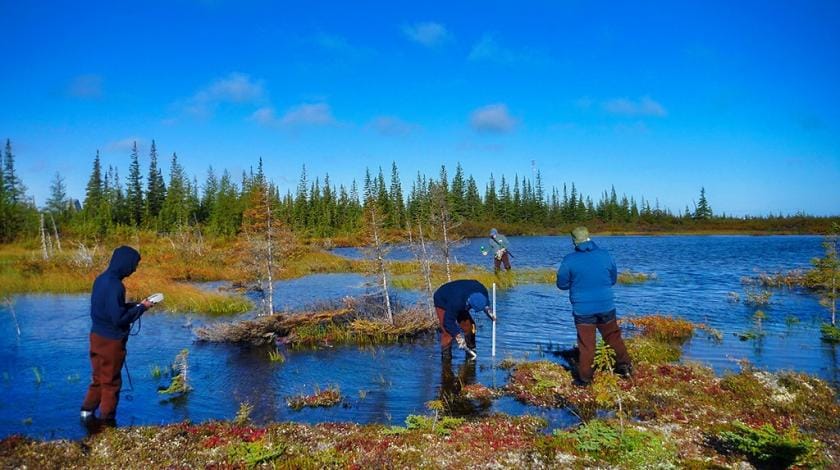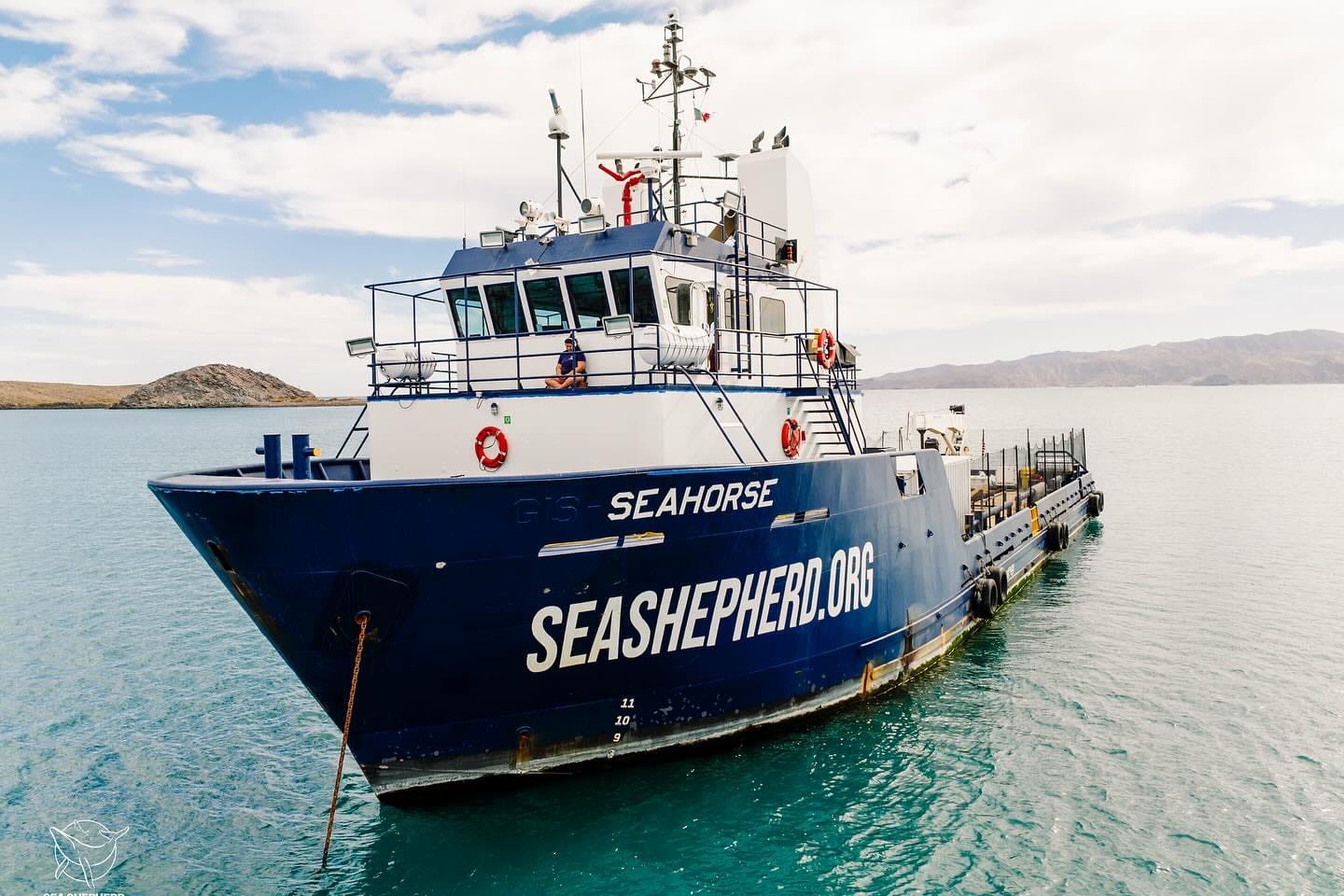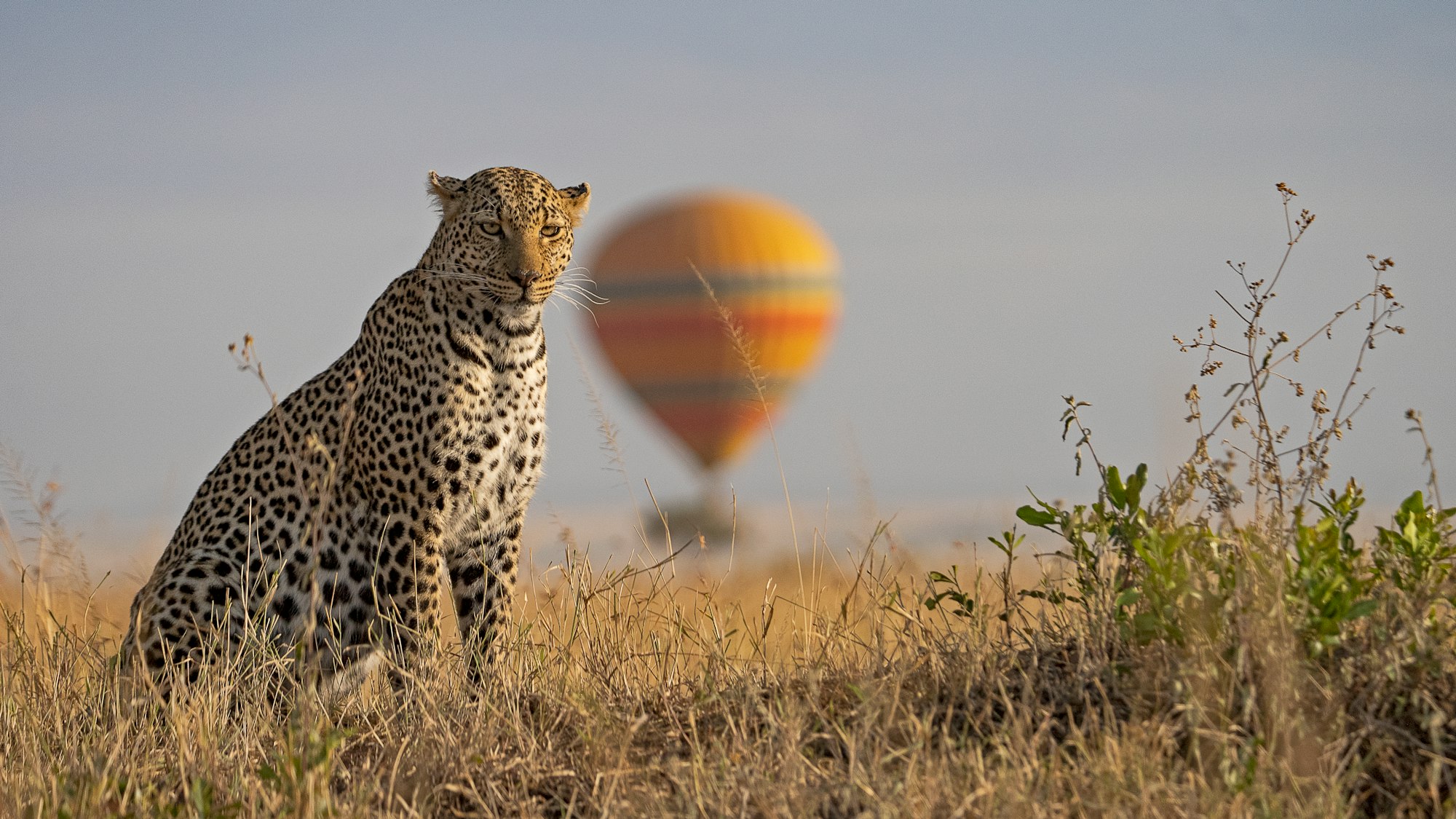Another way to travel: wildlife volunteer (avoiding traps)
Do you want to miss out on the opportunity to be a wildlife volunteer, or would you rather take action and change the world?

Go beyond superficial experiences to become a true wildlife volunteer. That's exactly what the new generation of conscious travelers is doing. Just like Walter did when he stopped dreaming and decided to embark on a new adventure in The Secret Life of Walter Mitty. This is a new way to make a real impact on conservation.
To better understand the picture, we have numbers: Earthwatch has trained more than 200,000 participants to join leading scientists on field research expeditions addressing critical environmental challenges around the world. The WWF community, made up of more than 11 million activists worldwide, continues to protect biodiversity. Data are not just positive numbers, but a representation of the measurable conservation results happening right now.

Where can you volunteer consciously and actually be worth it?
World Wildlife Fund (WWF): The Conservation Heavyweight
WWF offers volunteer internships to 30 or 35 young people each year. It's competitive, and entry isn't easy; it's considered the Harvard of conservation: selective, but transformative.
- Who can apply? Young adults (usually 18 to 25 years old) with a special interest in conservation and a demonstrated ability to work interculturally. No specific degree is required, but commitment is essential.
- Volunteering involves working directly with WWF professional staff on policy research, community outreach, and field conservation projects in more than 100 countries.
- Most WWF programs are funded positions or low-cost internships, making them accessible to dedicated wildlife volunteers.
For those who can't apply for the volunteer program but want to take a conscious trip, WWF works hand in hand with Natural Habitat, offering low-impact trips to various natural habitats around the world.

Earthwatch Institute: Science in Action
This is where the magic comes into its own. Expedition costs range from $2,500 to $4,500, with airfare not included. Expeditions are tax-deductible contributions to the research project. The trick to making the expeditions affordable is that the organization intentionally charges less. What volunteers pay covers 80 to 90% of the expedition costs; although this represents only half of Earthwatch's total annual income. The rest is donated.
- Who can apply to this wildlife volunteer? Anyone over 18 with a genuine interest in conservation. Programs are aimed at solo travelers, teens, adults, students, and groups.
- During your volunteer program, you work alongside scientists tracking endangered species. They also monitor the impacts of climate change and collect crucial data for research. Recent projects include studying sea turtles in Costa Rica, tracking snow leopards in Mongolia, and researching coral reefs in Australia.
- Each expedition focuses on specific endangered species that require immediate research attention, from jaguars in Brazil to polar bears in Canada.

Sea Shepherd Conservation Society: The Ocean Warriors
If you've seen Whale Wars, you know Sea Shepherd doesn't mess around. For 45 years, thousands of volunteers have risked their lives on dangerous missions, often confronting criminals who destroy marine wildlife.
- Who can apply to be a wildlife volunteer with Sea Shepherd? Individuals over 18 years of age in good physical shape with maritime experience (recommended, but not required).
- Volunteering aboard a Sea Shepherd ship is not an ordinary experience; it requires a genuine commitment to marine conservation.
- Here you join anti-poaching operations, conduct marine wildlife surveys, and participate in direct-action conservation campaigns. Boat patrols and maintenance are also part of volunteering. It's teamwork 24/7. Finding Nemo isn't the best example, but The Cove is.
Regarding costs, volunteers cover their own travel expenses to join the ships, and the organization covers onboard expenses.

Before you venture out
Wildlife volunteer programs aren't photo-op vacations for Instagram and TikTok. They're considered legitimate conservation work that requires dedication, adaptability, and a genuine commitment to protecting our planet's most vulnerable species.
Whether you choose to track endangered species with Earthwatch scientists or join Sea Shepherd's ocean patrol missions, these programs guarantee authentic opportunities that make a measurable impact on conservation.
The question isn't whether you can afford to volunteer, but whether you can afford not to. Our planet's wildlife depends on people willing to go beyond armchair activism and do real, hands-on conservation work.






